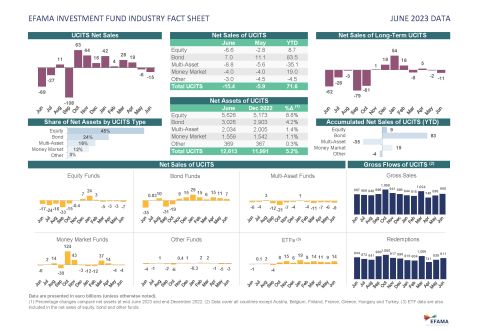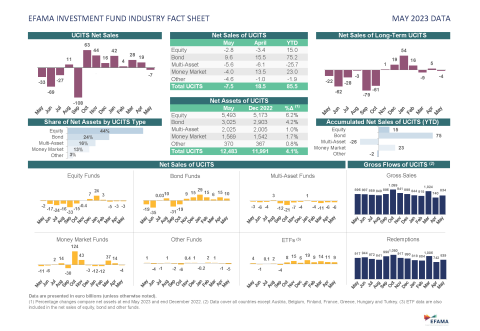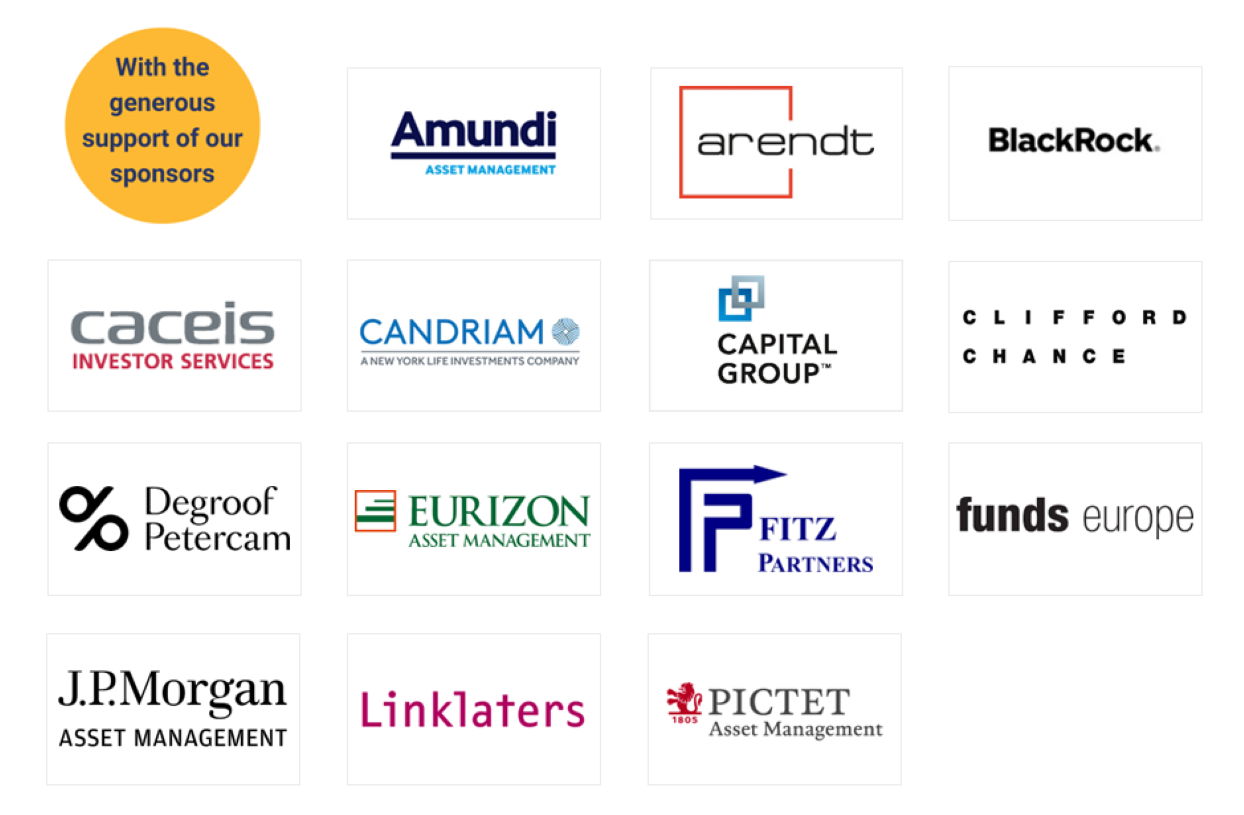EFAMA welcomes the opportunity of this consultation report to share views on how regulators could foster greater consistency in the management of liquidity risks in the Open-Ended Funds (OEFs) sector and on how the FSB should proceed in the future to evaluate any potential build-up of systemic risks in capital markets.
Asset Management in Europe
EFAMA's 17th edition of its ‘Asset Management in Europe’ report provides an in-depth analysis of recent trends in the European asset management industry.
Data on many different facets of the industry are covered, including:
- Total assets under management in Europe, covering investment funds and discretionary mandates
- The role of asset managers in Society and the Economy, including serving investors' needs and engaging with investee companies.
- Industry clients: at both European and country levels, including domestic and foreign clients.
- Asset allocation in Europe of investment funds and mandates, including ESG assets
- Industry organisation, such as market concentration, industry profitability and employment



























































